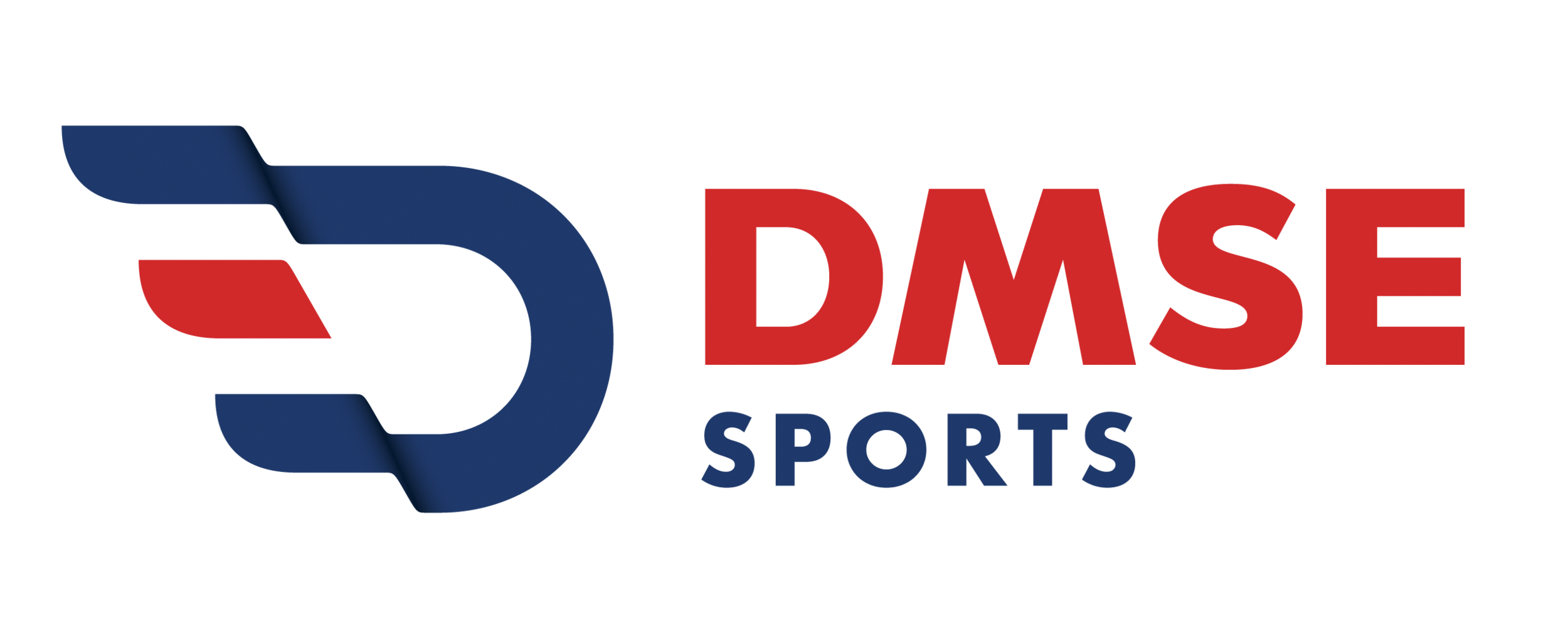HE'S USUALLY PREPARING FOR A MARATHON. INSTEAD HE'S GETTING PEOPLE VACCINATED
WALL STREET JOURNAL
How Dave McGillivray, a legendary road race organizer, pivoted from racing to getting shots in arms
In an ordinary year, Dave McGillivray would be able to see the finish line. Patriots’ Day, the traditional April launch of the Boston Marathon, would be about six weeks out, and McGillivray’s team would be near done with the complex feat of logistics and preparation that helps 30,000 or so runners make the 26.2-mile jaunt from Hopkinton to Boylston Street one the most iconic sporting events on Earth.
“We’d be really dialed in by now,” McGillivray told me on the phone recently. “Ninety percent of the planning work would have been done.”
Alas, 2021 isn’t an ordinary year. For the second straight Patriots’ Day in Massachusetts, there won’t be a Boston Marathon—no anxious early splits into Framingham and Natick; no personal bests conquering Heartbreak Hill; no triumphant left turns off Hereford Street into the homestretch. There’s hope that organizers can pull off an in-person version of the event in October, though McGillivray acknowledged: “No one knows right now.”
Still, McGillivray is busy. The legendary endurance event organizer—a man who was hired as the Boston Marathon’s technical director in 1988 and has been its race director since 2001; who himself ran across the U.S. twice; who once raced seven marathons on seven continents in seven days and is considered an essential figure in the growth of the sport—is using his skill to help his home state with an even more essential act of human perseverance:
Vaccinations.
McGillivray, 66, and his event logistics outfit, DMSE Sports, are part of a wide-ranging team assisting in the rollout of vaccinations in Massachusetts. At the moment, DMSE personnel are deployed at vaccine locations at Fenway Park, Gillette Stadium, and the Reggie Lewis Track and Athletic Center, named for the late Boston Celtics star.
After some early complications with Massachusetts’s rollout—crashing logjams with the state’s website and limitations with the federal supply chain—those three locations are now collectively vaccinating 8,000 people per day, a spokesperson for the effort said this week.
“We could not have picked a better operational partner than Dave and his team,” said Rodrigo Martinez, the chief marketing and experience officer for CIC Health, the Cambridge, Mass., health tech company which hired McGillivray’s crew. “They are amazing.”
McGillivray is modest about his contribution. The vaccine effort is a vast endeavor, with numerous partners and staffing on the ground.
“We’re just a small piece of the puzzle,” he said. “By no means are we the masterminds behind it. We’re just filling a role, and we’re learning as we go.”
Still, McGillivray sees certain parallels between his marathon prep job and his pivot to public health. There’s a crowd, to get from one place to the next. Efficiency matters. Preparation, even more so.
“It’s about conceptualization, and then it’s about vision,” McGillivray said. “It’s about venue management. It’s about people flow. It’s about making people feel good about themselves, observing them and sending them on their way—and that’s exactly what we do in the endurance sports industry.”
Turns out there’s also a little bit of race day enthusiasm. People are excited to get vaccinated, and to get a shot at one of the local sports cathedrals offers an additional thrill. McGillivray said the vibe at Fenway and Gillette—home of the Red Sox and Patriots—reminds him of the celebratory mood at the marathon’s start.
“You’re on hallowed ground, right?” he said. “The marathon is the Holy Grail—well, so are Fenway Park and Gillette Stadium to a lot of people.”
In Massachusetts and beyond, the vaccination drive is considered essential to restoring public confidence and a sense of normalcy. Here, McGillivray detects some similarities to the Boston Marathon effort in 2014, when organizers were tasked with putting on a race a year after a horrifying bombing attack.
“It’s different for obvious reasons, but it’s very similar in terms of the emotional impact,” McGillivray said. The 2014 marathon was “all about resilience and persevering and not being denied and that’s what’s going on here.” Similar energy exists today. “People have persevered through 2020…and now, with the rollout of the vaccine, this is the comeback, we’re on that path.”
McGillivray’s role in the Massachusetts vaccine rollout has provoked a buzz in the running world and beyond. I reached out to a couple of runners who know a thing or two about success in big events.
“They chose the right person,” said Joan Benoit Samuelson, the Olympic gold medalist who won Boston in 1979 and 1983. “He’s a genius when it comes to logistics and large numbers of people.”
“I’m glad Dave and his team are helping organize vaccination sites here in Massachusetts,” four-time Boston winner Bill Rodgers wrote in an email. “We need all the help we can’t seem to get otherwise!”
McGillivray said that getting involved with the vaccination drive gave a much-needed boost to his business. The prior year was supposed to be a banner one for DMSE Sports—there were 35 events on the calendar—until the pandemic cancellations began.
“One by one, it went over the cliff,” he said.
DMSE started organizing alternative, social distancing events—drive-in movies, outdoor graduation ceremonies, and it rented out equipment to restaurants for outdoor dining—but as winter arrived, McGillivray worried that he’d have to hibernate or shut down, something he was desperate to avoid. That’s when CIC Health reached out.
“Thank goodness,” he said. “They needed some ‘logisticians,’ which I was complimented by being called.” McGillivray joked that he was accustomed to a more casual job description: “road cone mover”
Now McGillivray is hearing from peers in road race organizing and event management who are wondering how they can get involved in vaccination efforts where they are.
He’s telling them everything he knows.
“We’re not holding anything close to the vest,” McGillivray said. “We’re sharing this as much as we can for the greater good.”
